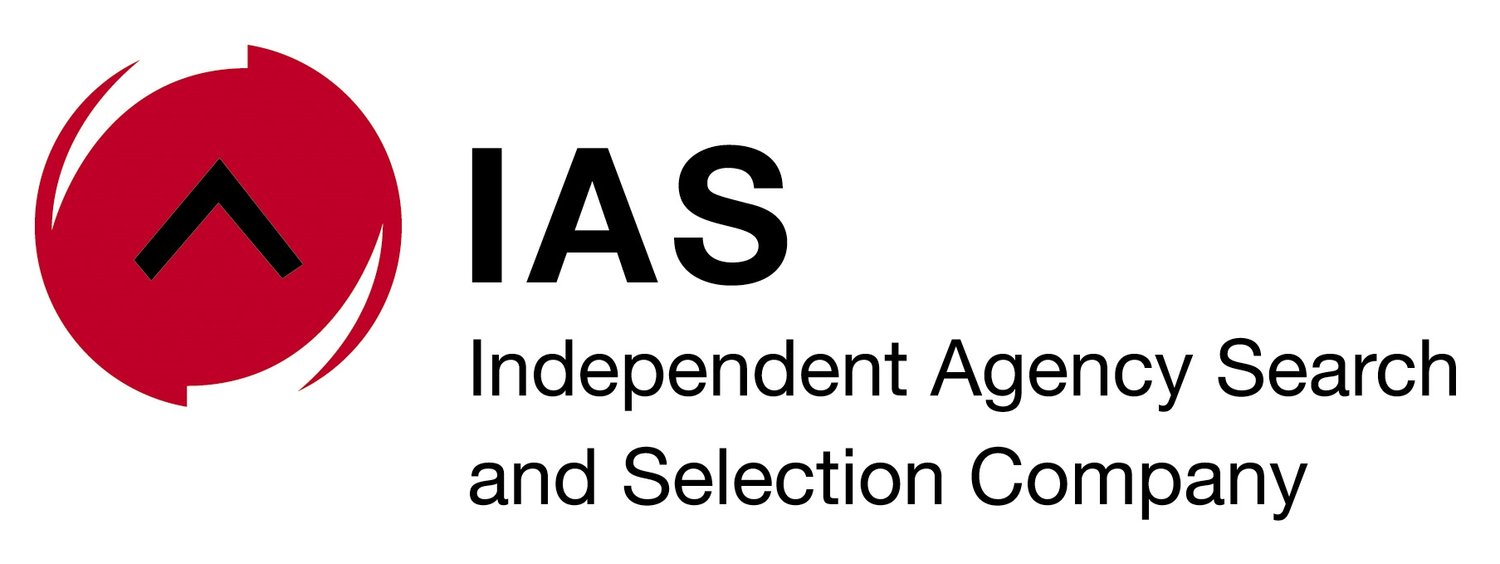Scopen has just released the 8th edition of its PR Scope study in Spain, a biennial study which analyses the relationships between communication consultancies and their clients, as well as the perception and image of these consultancies in the market.
For the current edition (2023/24) in Spain, 875 professionals were interviewed: 441 of whom work for 414 different client companies, 327 professionals from consulting firms and 107 media professionals.
The fieldwork was carried out between March and May 2023.
Those professionals interviewed in each client company must be involved in the decision-making process to select communication consultants and should be interacting with them in the day-to-day work.
On average professionals interviewed were 43 years old, and have been in their current position for more than 8 years, and in their company for almost eight years.
They are mostly based in Madrid (68%), in foreign multinational companies (50%) and the most mentioned position is that of Communications Director (41%), being the maximum decision-maker in all communication matters, along with other managers (60%).
The sector with the highest percentage of professionals interviewed is Services (51%), followed by FMCG (28%).
The client companies interviewed for this edition of PR Scope Spain invoiced, on average, €276m annually in 2022, a very stable figure, which increased by 2% compared to 2021.
Digital allocated largest percentage of budget
The largest percentage of the budget is allocated to Digital, with a fair balance between Earned Media (40%), Owned Media (31%) and Paid Media (29%).
Investment in Digital, which had been growing in recent years, slows down in this latest edition (53% compared to 56% in 2021).
Within Digital, Social Media is the discipline professionals consider they should work on more with their communication consultants (89%).
César Vacchiano, Scopen’s president and CEO, says, “The challenge for communication consultancies lies in demonstrating to clients that they can solve their needs more creatively, quickly and effectively, and thus be able to grow.”
Preference for integrated consultancies
Most of the companies analyzed (49%) work with consulting firms specialising in various disciplines and 46% do so with consulting firms that solve their needs in an integrated way.
However, in the future, the percentage of clients who declare they would prefer to work with integrated consultancies that can solve all their communication needs is higher (49%, compared to 43% who prefer to do so with specialised consultancies).
The disciplines in which most work is done by specialisation are:
· Corporate communication
· Social Media (which has increased in the last two years)
· Brand/Product communication (which, however, shows a significant decrease)
Selection of consultancies
When selecting a communication consultancy to work with, those responsible for communication continue to resort, for the most part, to pitches (89%).
The selection tools most used when creating a long list are:
· The work carried out by the consultant (their cases, credentials...) (85%)
· One´s own experience and personal knowledge of the communications director (76%)
· Recommendation of friends or colleagues (67%).
It is important to highlight that, in this edition, the importance of practically all declared tools has increased, except good quality/price ratio, which decreases in the number of mentions.
More importance is given to the value and qualification of the consultants, than to the cost.
If we look at the preferred qualities to prepare a long list for selecting consultancies, the most mentioned are the Ability to establish relationships / Credibility in the media, The professionals who work at the consultancy and Strategic Communication Planning.
You may be interested in PART 2: PR SCOPE SPAIN: CLIENTS WORK WITH COMMUNICATION CONSULTANTS FOR LONGER






